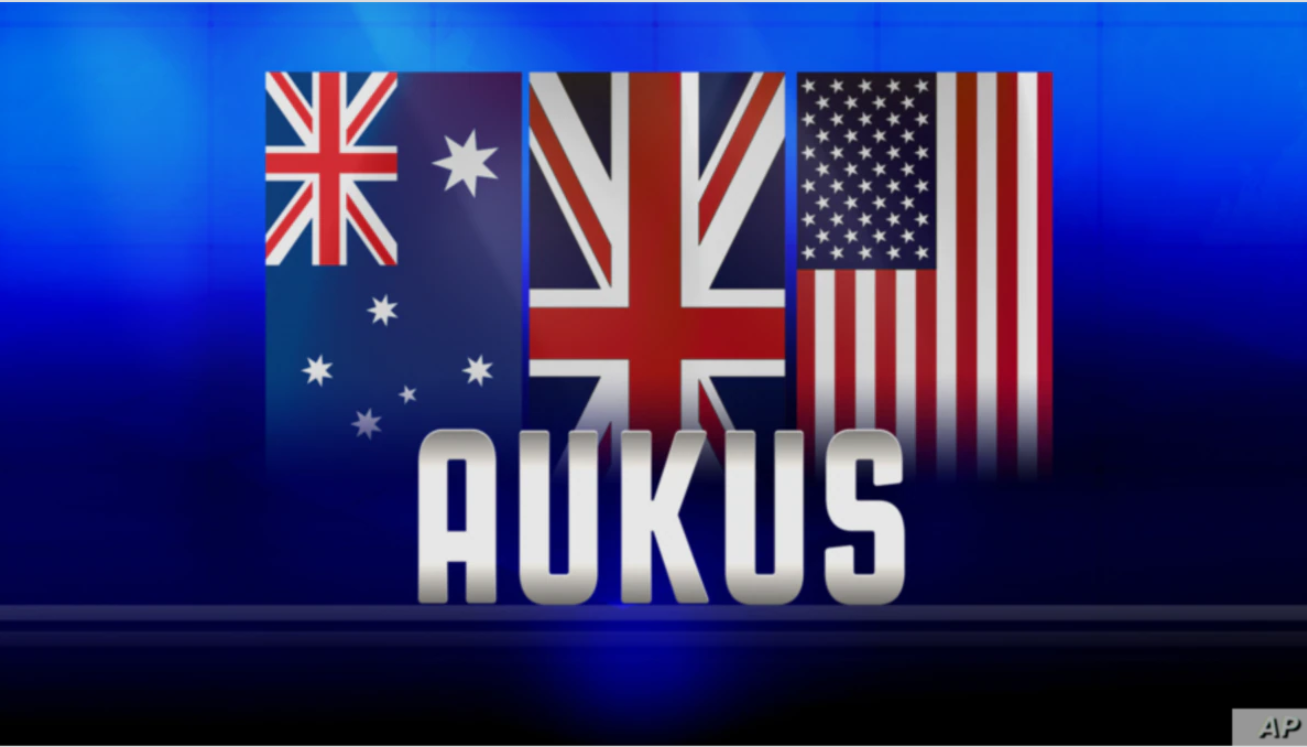Part 2 of 2 Parts (Please read Part 1 first)
With respect to AUKUS, Prime Minister Anthony Albanese of Australia said, “Engineers, scientists, technicians, submariners, administrators and tradespeople. Good jobs with good wages, working to ensure the stability and prosperity of our nations, our region, and indeed our world. For Australia, this whole-of-nation effort also presents a whole-of-nation opportunity. … Already, today, Australians are upskilling on nuclear technology and stewardship alongside their British and American counterparts.”
Australia is a non-nuclear-weapon state and is party to the Non-Proliferation of Nuclear Weapons (NPT) and has a Comprehensive Safeguards Agreement (CSA) with the International Atomic Energy Agency (IAEA). This gives the Vienna-based agency the right and obligation to apply safeguards to all nuclear material in all peaceful nuclear activities inside Australia. In its jurisdiction or carried out under its control anywhere, it has the mission to verify that nuclear materials are not diverted to nuclear weapons or other nuclear explosive devices. The U.K. and the U.S. are nuclear-weapons states party to the NPT. They have voluntary safeguards agreements with the IAEA. Under these agreements, they must report international transfers of nuclear materials to non-nuclear states.
The AUKUS partners have reiterated that as a non-nuclear-weapons state, Australia does not and will not seek to acquire nuclear weapons. It will not enrich uranium or reprocess used fuel as part of the program, It will not produce its own fuel for its submarine fleet. The U.K. and U.S. intend to provide Australia with nuclear fuel in sealed power units that will not need to be refueled during their lifetime. Also, the nuclear fuel could not be used in nuclear weapons without further chemical processing. This would require facilities that Australia does not possess.
Rafael Mariano Grossi is the IAEA Director General. He said that Penny Wong, Australia’s Foreign Minister, has formally requested that the agency begin negotiations on the arrangements required under it CSA. Australia also has to provide the IAEA with preliminary design information related to the project.
Grossi said, “The legal obligations of the Parties and the non-proliferation aspects are paramount. The agency will continue to have its verification and non-proliferation mandate as its core guiding principles. It will exercise it in an impartial, objective and technical manner.”
Grossi went on to say that the AUKUS parties had reaffirmed their commitment to the global nuclear non-proliferation regime and to fulfilling the non-proliferation and safeguards obligations under their respective agreements with the IAEA. He added, “I also note Australia’s previous declaration to the agency that it does not intend to pursue uranium enrichment or reprocessing in relation to AUKUS and that it has no plans to undertake nuclear fuel fabrication as part of this effort.”
The IAEA will carry out its AUKUS-related work independently, impartially, and professionally in a transparent process. Grossi said, “Ultimately, the agency must ensure that no proliferation risks will emanate from this project. I will also submit a report on this matter to the next regular session of the Board of Governors, to take place in Vienna in June 2023.”
According to the AUKUS participants, the security partnership “will promote a free and open Indo-Pacific that is secure and stable.” China’s Foreign Ministry Spokesperson Wang Wenbin said that the three countries “have totally disregarded the concerns of the international community and gone further down the wrong and dangerous path.” Until a consensus is reached by all the IAEA member states, the U.S., the U.K. and Australia “should not proceed with relevant cooperation, and the IAEA Secretariat should not have consultation with the three countries on the so-called safeguards arrangements for their nuclear submarine cooperation.”
